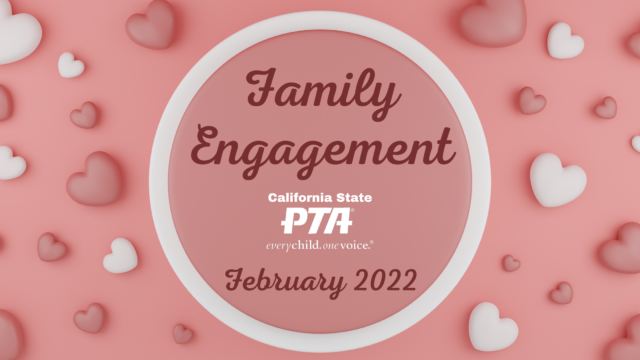 By: Family Engagement Commission
By: Family Engagement Commission
A high school counselor shares tips on how families and counselors can work together for success after high school. February 7-11 is National School Counseling Week. Kimberly Goller, a counselor at Canyon High School in William S. Hart Union High School District, recently shared her thoughts on the subject with the California State PTA Family Engagement Commission (FEC).
FEC: How can families help their child prepare for college or career?
Goller: Talk about your job and the things you love about your work. Kids often have no idea what their family members do for a living and they tend to gravitate toward jobs they know. They see teachers and understand what they do, so they think about teaching. They see their doctor and begin to think about being a physician. Help them begin to think about lots of different career options simply by talking to family and friends about their jobs. There are also lots of free online resources to help families with this:
For kids who want to aim for college, they will need your support with study skills and scheduling. About 30% of students dropout of college after their first year according to the Education Data Initiative. When we ask students why they are leaving college they often tell us that school is so hard. Many of these kids are sailing through high school AP and honors classes because school has always come easy for them. They begin college and don’t know how to take notes, plan their study schedule, and be more independent learners. Parents play a huge role in helping students develop those skills so they can be successful in college.
Also, I suggest you begin to visit college campuses as early as possible. The idea of college and the reality are two different things — your child might be drawn to a UC school, but when they realize they might be in a class with 800 other students that might be a turn-off. Let them see what different campuses look and feel like to help them determine the best fit for them.
FEC: High school is a big transition, how can families help their children prepare for this?
Goller: One of the big issues we see at both the transition from elementary to junior high (or middle) school and then again from junior high to high school are changes in friend groups. During these transition times, friends change — kids begin to associate more with the kids from their sports team, their fellow band-mates, or their classmates. Sometimes kids that have been friends for years, find they don’t have as much in common any more and feelings can get hurt. Families can help their children understand that this is normal. In high school, students may feel a lot of pressure and there can be perceived levels of competition. Parents can help remind their children to be kind to themselves and others.
FEC: How can the PTA partner with the counseling office to support students and families in the community?
Goller: Our counseling door office is always open — we love to hear from families! We are here as a resource to everyone and we could offer parent education on topics including college and career readiness, parenting groups (dealing with high school kids can be challenging), or social-emotional issues like dating or friendship in secondary schools. We also need feedback from families as to what is going well and what we can do better — we want to be proactive as opposed to reactive. Sadly sometimes parent groups (and parents) don’t reach out to us because they don’t want to be judged. We are here to support you and your child.
Looking for more information on College and Career? Or just looking for more ways your PTA can create and support family engagement in your school community? Visit our blog and search “Family Engagement” for articles and information from the California State PTA Family Engagement Commission.